China's critical role
At the forum, many Chinese and foreign participants also highlighted China's sci-tech achievements as well as its critical role in promoting global sci-tech cooperation.
"I think that China has [played] a major role in facilitating [cooperation], for example, by creating the ZGC program," Antonius Bisseling, a foreign member of the Chinese Academy of Engineering (CAE) and professor at Wageningen University in the Netherlands, told the Global Times on the sidelines of the forum on Thursday.
In another major step to further promote global cooperation, the ZGC Forum also for the first time hosted a parallel session in the Xiong'an New Area, North China's Hebei Province on Thursday. Xiong'an is about 110 kilometers from downtown Beijing. The session drew about 600 Chinese and foreign experts and academics who attended to discuss cooperation in areas such as aerospace.
Many foreign attendees also came to see the latest sci-tech development trends in China and explore opportunities to cooperate with China.
"[I] come to see China's progress in technology and see [what] kind of cooperation we have," Daouda Bitie, Ambassador of Burkina Faso to China, told the Global Times on Thursday, adding that there are many innovations on display and Beijing has made big progress in becoming an innovation center.
Such enthusiasm among foreign guests attending the ZGC Forum showed not only China's rise as a global sci-tech powerhouse but also its openness and promotion of cooperation, experts said.
"The wide international participation shows the increasingly important role China plays in global sci-tech development, as many guests view cooperation with China as mutually beneficial," Song Guoyou, deputy director of the Center for American Studies at Fudan University told the Global Times on Thursday, noting that through cooperation with China, foreign researchers and entities can find not only research partners but also a market for the application of their research.
Song further pointed out that while the U.S. and some other Western countries continue to seek to crack down on China's sci-tech development, China has not only made progress in its own innovation capabilities, but also offered greater opportunities for global entities through continuous opening-up.
"From a global perspective, China's high-level opening-up is actually bringing opportunities to more countries, including cooperation related to the science and technology industry," he said, adding that foreign crackdowns have accelerated China's pursuit of self-reliance in the sci-tech fields.
Despite Western crackdowns, China has been making steady progress in cutting-edging technologies such as AI, quantum computing, and 5G technologies. In 2023, China remained the top country of origin for Patent Cooperation Treaty (PCT) applications with 69,610 filings, significantly higher than the U.S.' 55,678 filings, according to WIPO. Meanwhile, Chinese telecommunications giant Huawei remained the top filer of PCT applications, followed by South Korea's Samsung and U.S.-based Qualcomm.
With abundant resources for sci-tech development, Beijing has also become a major leader in the country's innovation-driven development strategy. Zhongguancun, for example, is home to more than 17,000 national high-tech enterprises, and Beijing is stepping up investments to bolster sci-tech innovation. In the first quarter of 2024, the city's investment in high-tech industries jumped by 33.7 percent year-on-year.








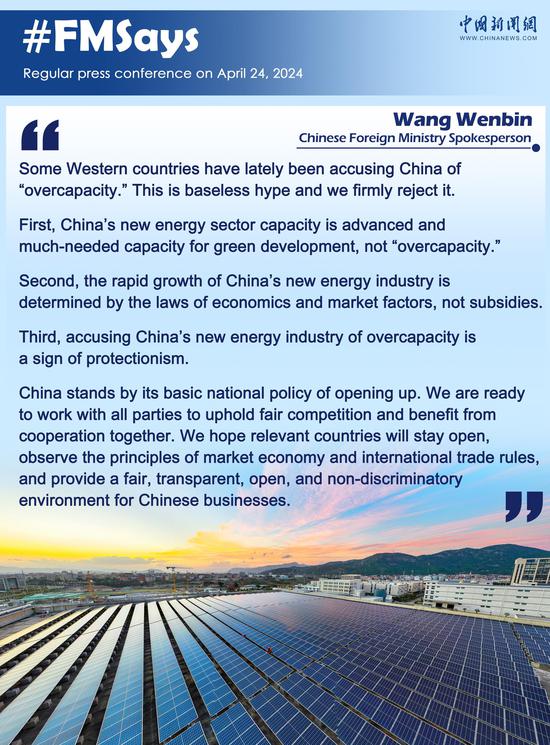
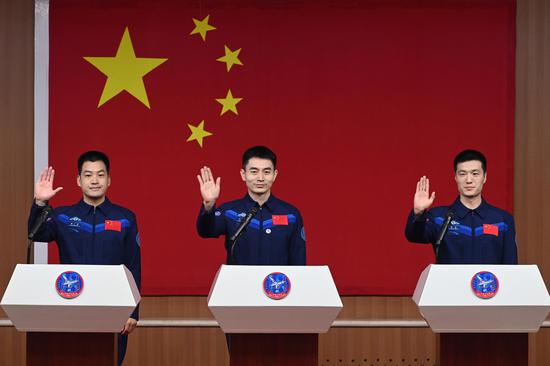
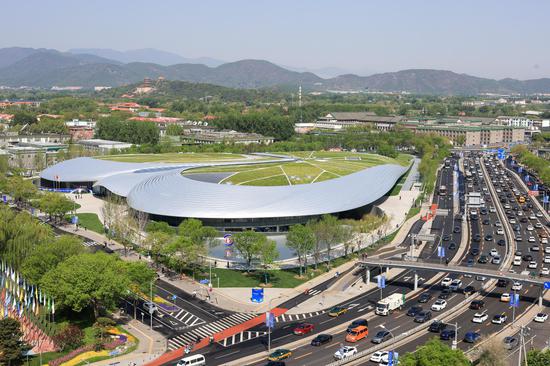

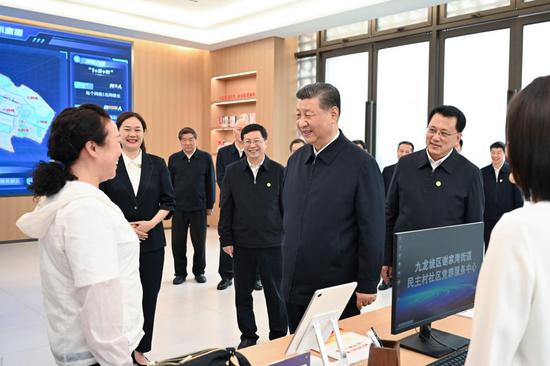
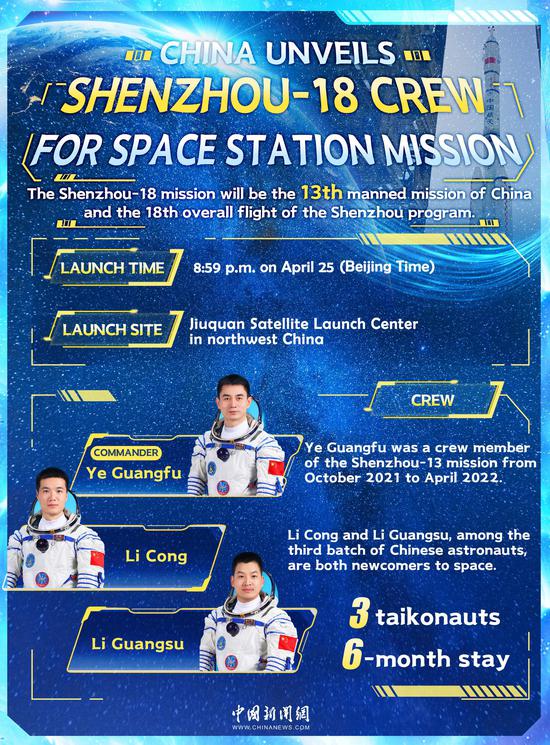
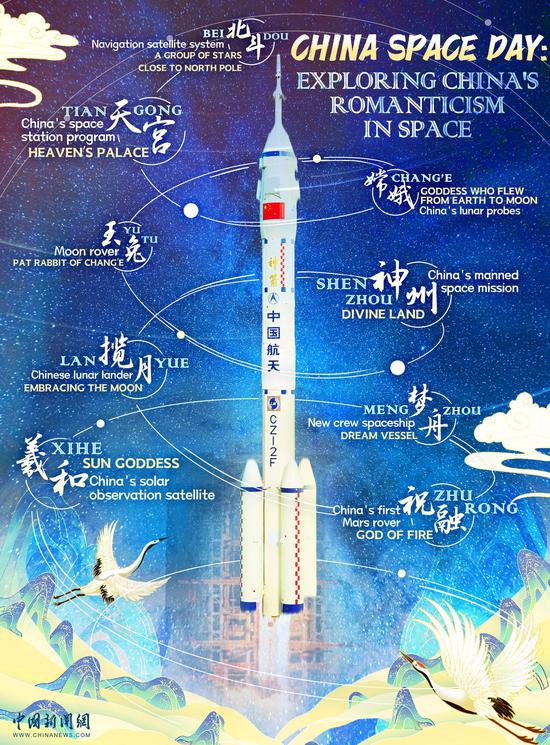








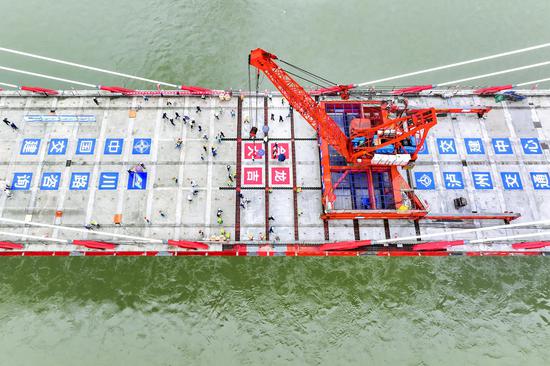

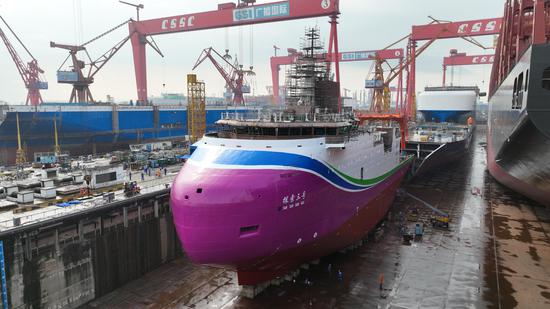


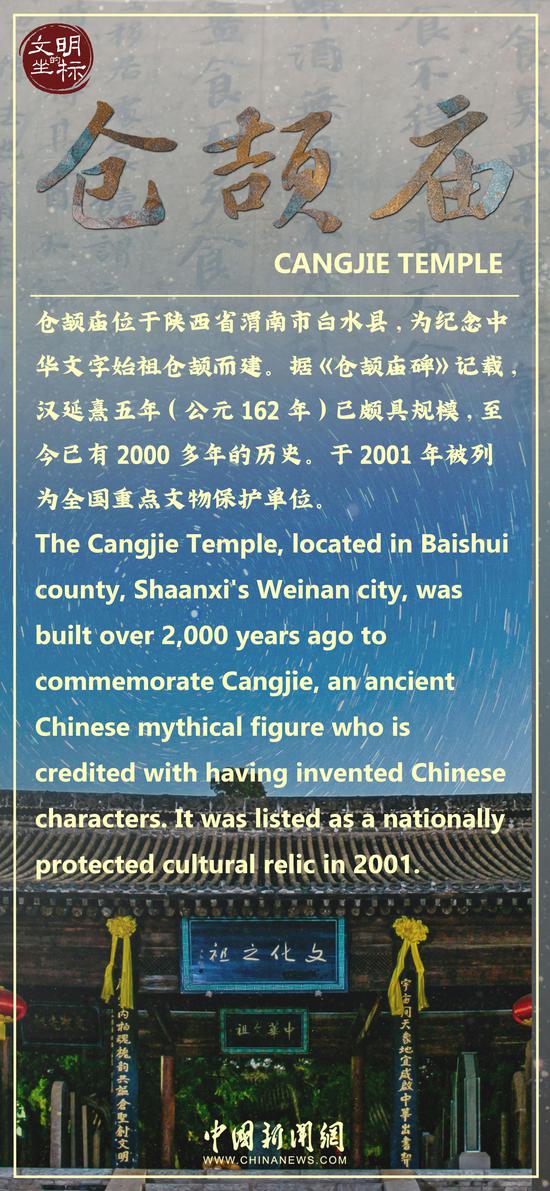
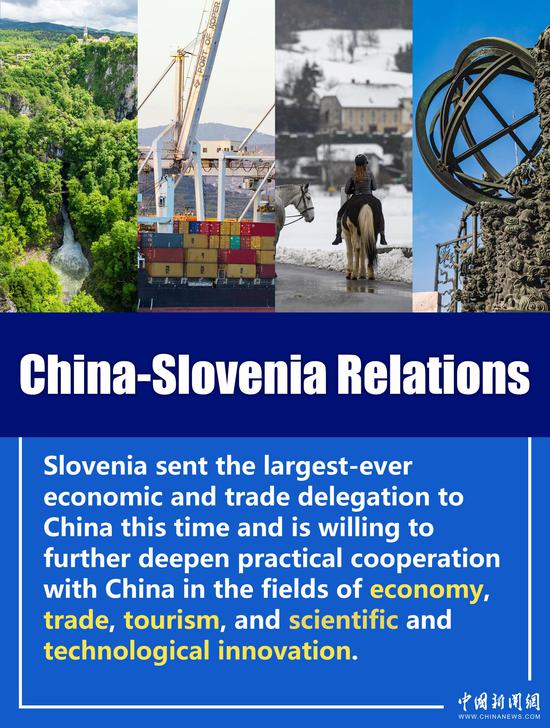
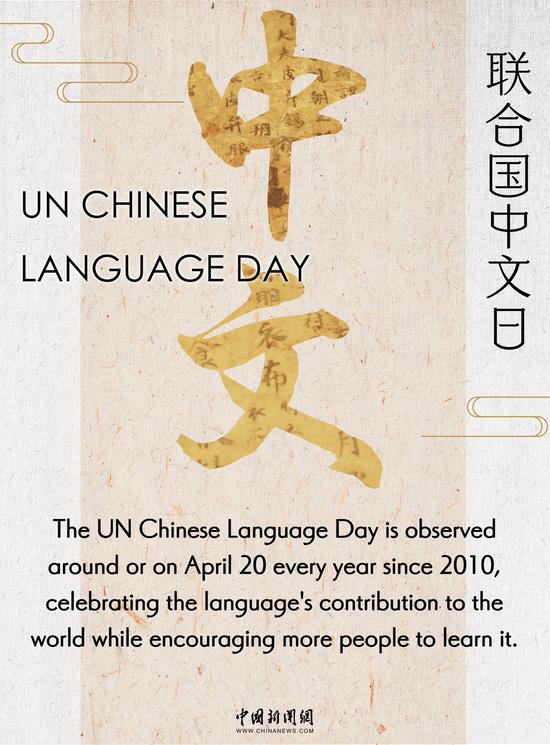
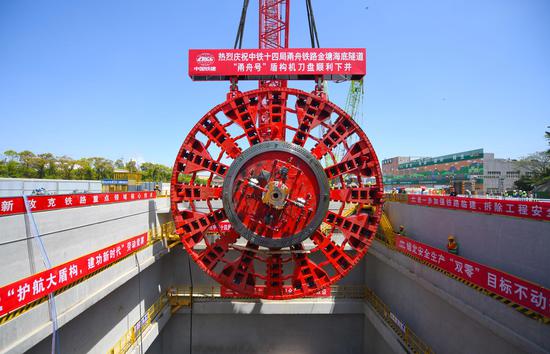
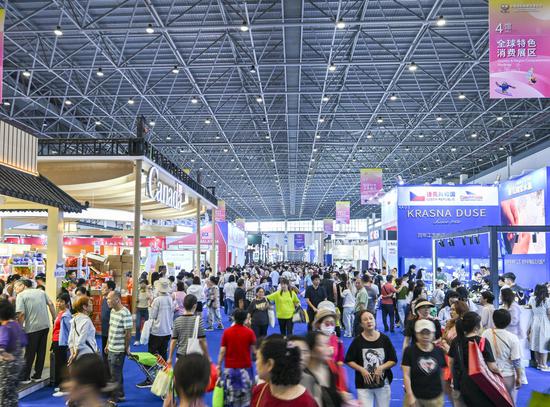

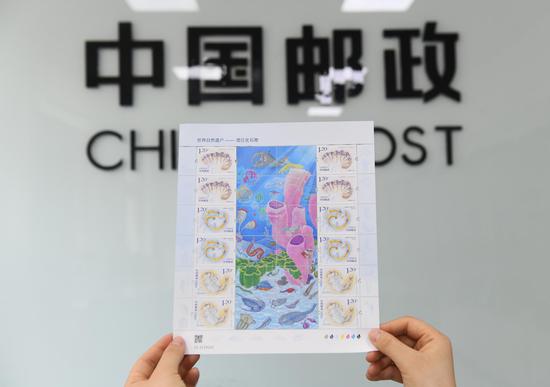
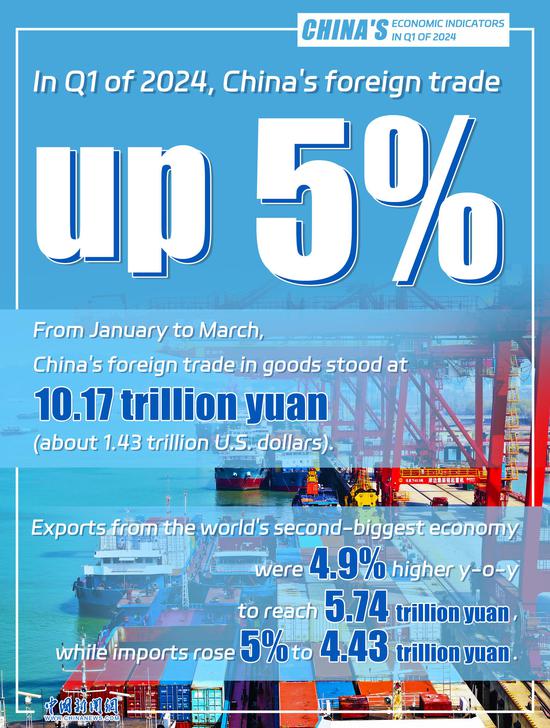




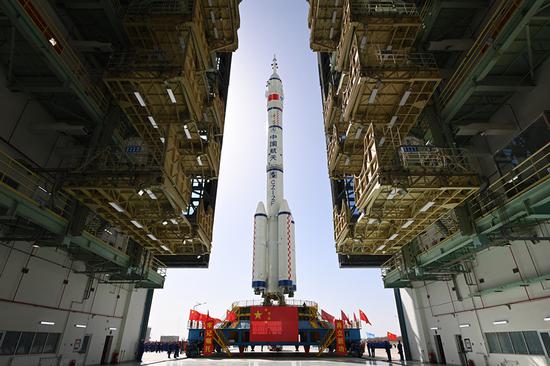



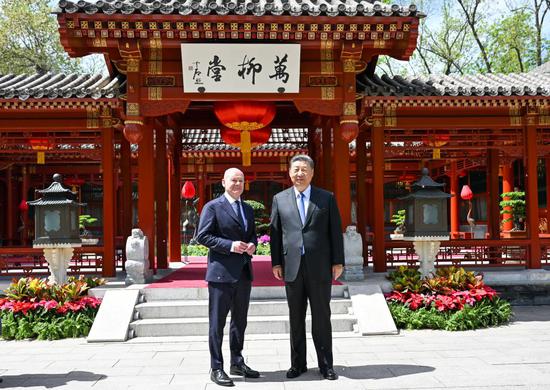



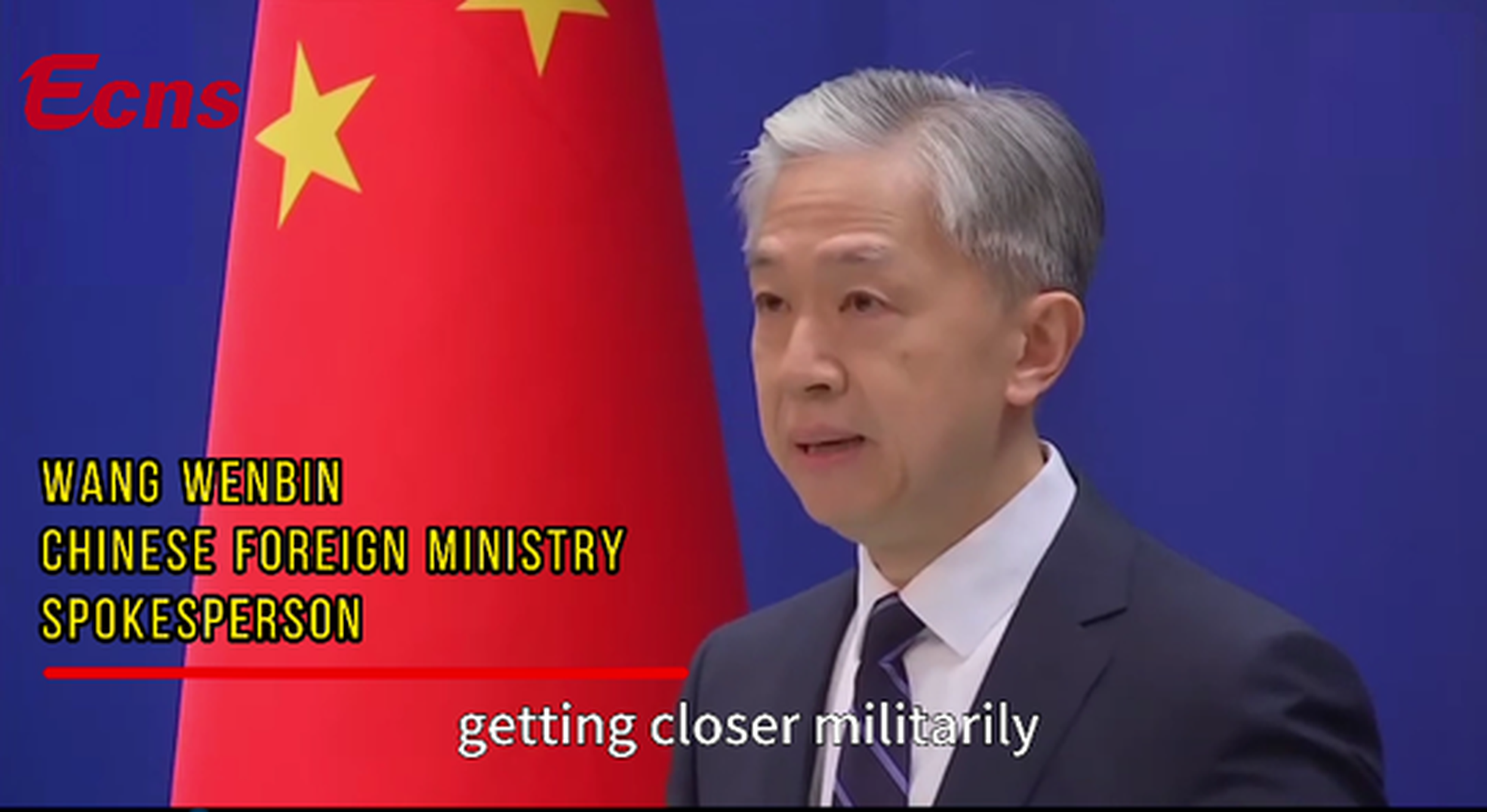

 京公网安备 11010202009201号
京公网安备 11010202009201号
